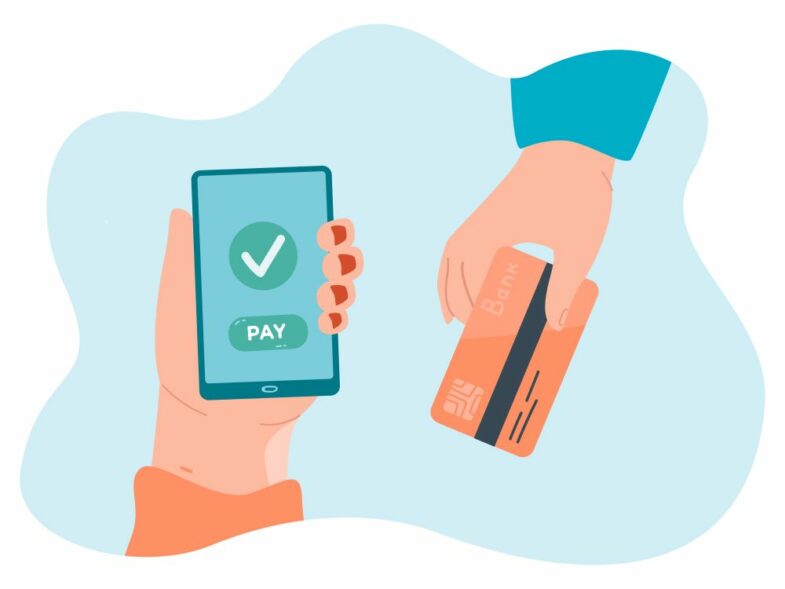As a business owner looking to outsource certain elements of your business to an agency, it’s important to know that there are many different types of agencies out there, each specialising in varied areas of expertise.
But whether you plan to enlist specialists in web design like those at the WebOracle Web Design Agency, partner with a digital marketing agency, or sign up with an agency that specialises in public relations, knowing the areas your business needs the most support in is key.
This article will explore what businesses should expect and how to best prepare for working with an agency.
Step 1: Understand Your Business’s Needs
Understanding exactly what your business needs from an external agency is a multifaceted process. Here are some of the steps involved:
Deciding where your business needs support
The truth is, as a business owner, you simply can’t be an expert in everything. But the key to a successful business does not lie in knowing it all or doing it all yourself. On the contrary, when we have our fingers in too many pies, things can go wrong. Being stretched in every direction and trying to multitask in multiple areas can lead us to do a subpar job of all of it. Yes, actioning too many things at once is far less productive than focusing on one task at a time and doing it well – in fact, multitasking can reduce productivity by as much as 40%.
Instead, businesses should focus on their areas of strength, and outsource anything they aren’t experts in to – well, the experts. So, dig deep. Identify what your business does well and where you need support. This is the first step to deciding what kind of agency you should be partnering with.
Understanding your budget constraints
Ah, yes, the budget. Often, we have lofty dreams and aspirations for our businesses. But when finances come into play, these aren’t always realistic.
If you’re planning to outsource work to an external agency, you’ll first need to figure out your budget constraints. How much can you afford to spend on a certain area? Will you need to cut costs in other areas to be able to invest your budget where it’s needed most?
You may need to sacrifice some ‘nice to haves’ so you can instead spend money on essential initiatives that will help secure your business’s stability and increase your revenue in the future.
Setting realistic expectations
Setting realistic expectations of what you and your chosen agency can achieve together is critical, as it will help set you up for success in your partnership. It will also reduce the likelihood of you being disappointed with the outcome.
For this to work, you and your agency partner will need to establish clear, transparent lines of communication, where you can both be open and honest with each other about your shared goals, as well as how realistic it is to achieve them.
Step 2: Do Your Research into Different Agencies
You’ve identified what kind of support your business needs, figured out your budget, and set realistic expectations of what you can achieve with the help of an agency.
Next, you need to choose which agency to go with. This involves research. Find out what different agencies offer, and most importantly, if their service portfolios suit your needs. Then, narrow down the competition. It goes without saying – there are so many agencies out there, all vying to partner up with you. Researching each one thoroughly will help inform your choice.
Once you’ve narrowed down the competition and made your selection, it’s time to get to know your new agency. Ask questions. Be frank. Open communication is key here, and it will help you establish your working relationship and dynamic moving forward.
Step 3: Track and Evaluate Your Achievements
You’ve partnered up with your chosen agency. You’ve invested the funds. Now, it’s time to evaluate your results.
Of course, when you first started working together, you (as the savvy individual you are) and the agency would have put measurable goals in place to track your progress toward key milestones.
In following this progress, were you happy with the way the agency communicated your results? Did they send you regular reports and updates? Were they upfront and honest about your achievements, as well as what could benefit from improvement? For example, if you partnered with a digital marketing agency to focus on your business website’s search engine optimisation, did they provide you with tangible proof that your search engine rankings were going up?
Ultimately, evaluating your results comes down to one thing: are you happy with what the agency has achieved for you? Most importantly, do you see value in continuing your partnership with them?
If the answer to these questions is ‘yes’, you made the right choice.









